
Oct 12 , 2019.
On Monday, October 7, 2019, the joint session of the two chambers of Ethiopia's parliament, the House of People's Representatives and the House of Federation, heralded the opening of what should be the last term for legislators that came into office through the 2015 elections.
It may be their last term, but it could be their most consequential one. Ethiopia stands at a crossroads. This could be remembered in history as the time that the country turned a corner to a democratic transition. Or it could be recognised as the last squandered opportunity to save itself. Whichever way the country ends up going, how it got there will have the fingerprints of this parliament all over it.
One of the reasons why the modest experiment in democratic governance in Ethiopia went off the rails and got derailed was the feebleness of constitutional and democratic institutions. The most glaring of these is the legislative branch.
The cornerstone of a constitutional democracy is the separation of powers and the checks and balances built into the governance system. The system is intentionally designed to make sure that no branch of government has unchecked power. No doubt heads of government chafe under this yoke and find it irritating. But it is there by design and was put in place by wise heads informed by the lessons of history.
The executive, legislative and judicial branches were designed to work in a collaborative equilibrium. Each pulling the others in when they start to go out of bounds while pushing them off when they encroach too much into its constitutionally delimited space. Alas, this did not happen in Ethiopia.
A muscular executive rolled over a feeble parliament and an intentionally malnourished judiciary. This, in the long run, not only hurt the country, but it also turned out to be self-defeating to the executive itself and the governing party, EPRDF, that formed it.
As a coalition with a leftist orientation and formed in the crucible of a liberation war, democratic centralism is in its DNA. The essence of democratic centralism is limiting debate to the few in the core leadership, ensuring speed in decision making and guaranteeing discipline in controlling information. That decision of the leadership is then passed on to the rank and file members, not so they can debate and challenge it, but to indoctrinate them to move on to implementation quickly.
These methods have their advantages. EPRDF was renowned for the swiftness of their decisions and their watertight discipline in keeping information secure. They were practically leak proof. That is a tremendous advantage in battle. It served them well in providing strong and decisive leadership in the time of the chaotic transition after the collapse of the military dictatorship.
That is no easy feat, and the movement should be given its due credit. With all its problems and limitations, it still is perhaps the most representative parliament in Ethiopian history. But in the transition from a liberation movement to a governing party, what used to be a strength turned into an Achilles' heel. What was good to win a war was not quite good enough to build an enduring democratic state.
Therefore, though the governing party was instrumental and a big part of the crafting of a relatively liberal constitution, they could not quite live up to its promises. In their haste to bring in economic development, they were impatient to build a truly democratic culture. The nitty-gritty of governing forced them to take their eyes off their idealism. That the day to day urgency obscured the long-term vision of leaders is not new. And it will not be the last time it happened. That is why those charged with the responsibility of the movement and the state, should learn from the past. The best guarantee not to repeat their past mistake is to make themselves accountable to the people’s representatives.
Democracy is messy. Debates take a lot of time. Leaders, especially reformist leaders get impatient. That is where the danger still lies. Building consensus can seem to be a thankless job. But most of the hard work is upfront. If done the right way, it pays off in the long run. And the biggest reward is that it is more sustainable.
If the attempt to reform the way the Ethiopian state governs its people is to take hold and last, re-calibrating this constitutional equilibrium is a good place to start. And in that equation the parliament is perhaps the most important determinant.
The lack of debate and thoughtful deliberation in what is supposed to be the people's chamber led to the passing of draconian laws that led to regrettable human rights abuses that eventually led the country to the point of being ungovernable. Not only that, even mundane laws and regulations were being so badly crafted in rushed carelessness, because the executive knew whatever they submitted to parliament would be legislated unchecked. That led to mediocrity in legal crafting. That should not be allowed to continue
Considering the delicate situation the country finds itself in right now, the correction of all these mistakes by the legislative branch is crucial. There have been some promising beginnings of reform in the judiciary and democratic institutions like the Electoral Board of Ethiopia as well as the Human Rights Council. President Sahle-Worq Zewde in her remarks in her first session-opening address to the joint session since assuming office last year enumerated these and other achievements of the ongoing reform. The parliament should be next.
The change should start from each and every member of parliament. They need to remember that the oath of office they take, according to the Ethiopian Constitution, is to the people, the Constitution and their conscience. In the past, none of these seemed to matter much. Party loyalty appeared to be the only thing they cared about. If they are serious about reform, they should start with themselves. Lawmakers should have the moral courage to throw off the shackles of party loyalty when it becomes necessary to stand by their conscience and the people that sent them there in the first place.
The ultimate practical respect that goes beyond rhetoric a government can demonstrate to its people can be measured by the deference it shows their representatives. A strong legislative body is a sign of an empowered people.
PUBLISHED ON
Oct 12,2019 [ VOL
20 , NO
1015]

Fortune News | Aug 19,2023
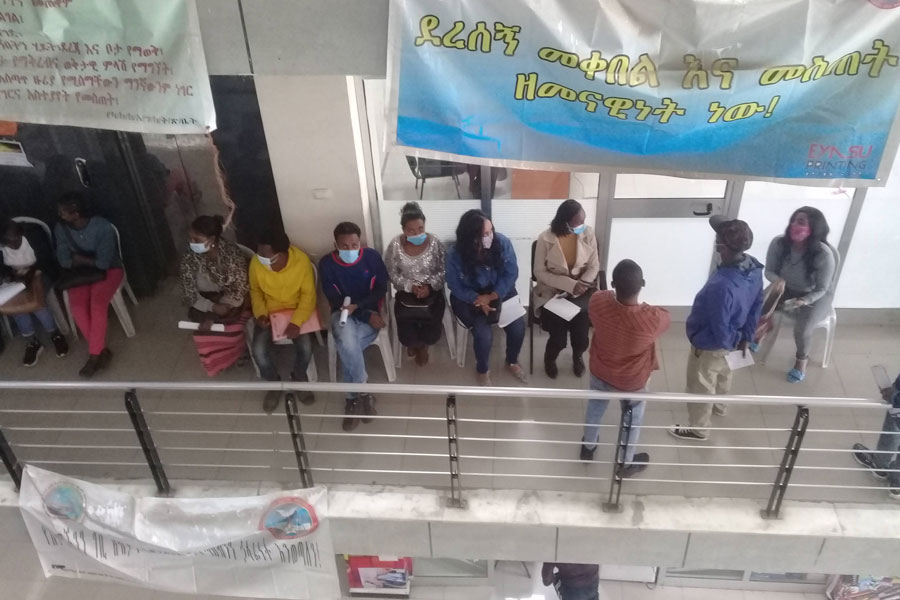
Agenda | Jul 03,2021

Editorial | Sep 27,2020
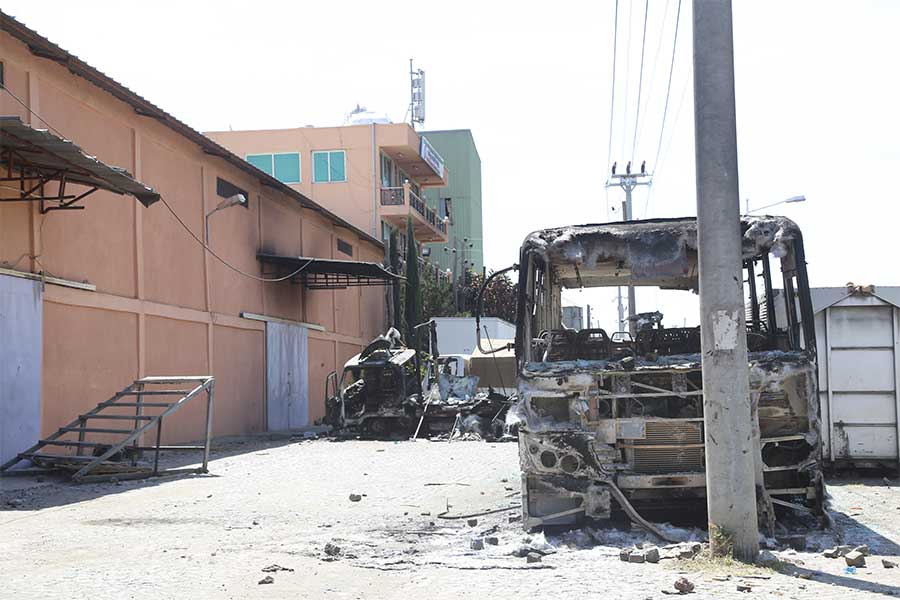
News Analysis | Jan 05,2020

Radar | May 21,2022

Featured | May 24,2025

Commentaries | Jan 26,2019
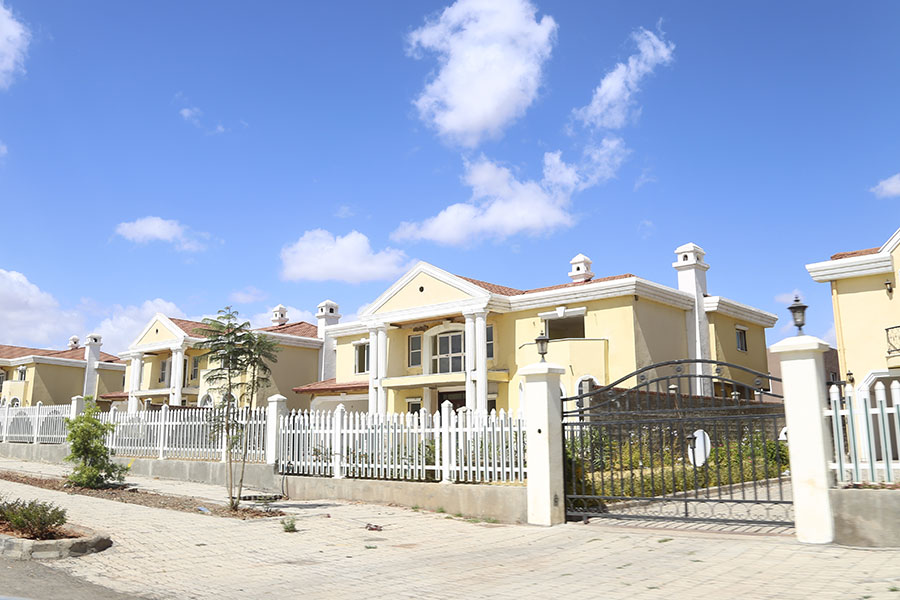
Fortune News | Apr 20,2019

Fortune News | May 31,2025

Viewpoints | Jun 20,2020

My Opinion | 133545 Views | Aug 14,2021

My Opinion | 130061 Views | Aug 21,2021

Photo Gallery | 127862 Views | May 06,2019

My Opinion | 127862 Views | Sep 10,2021

Dec 22 , 2024 . By TIZITA SHEWAFERAW
Charged with transforming colossal state-owned enterprises into modern and competitiv...

Aug 18 , 2024 . By AKSAH ITALO
Although predictable Yonas Zerihun's job in the ride-hailing service is not immune to...

Jul 28 , 2024 . By TIZITA SHEWAFERAW
Unhabitual, perhaps too many, Samuel Gebreyohannes, 38, used to occasionally enjoy a couple of beers at breakfast. However, he recently swit...

Jul 13 , 2024 . By AKSAH ITALO
Investors who rely on tractors, trucks, and field vehicles for commuting, transporting commodities, and f...

Aug 17 , 2025 . By YITBAREK GETACHEW
The federal government, led by the Ministry of Agriculture, is finalising a sweeping...

Aug 17 , 2025 . By RUTH BERHANU
More than 120,000 government employees in Addis Abeba are racing to collect coding ce...
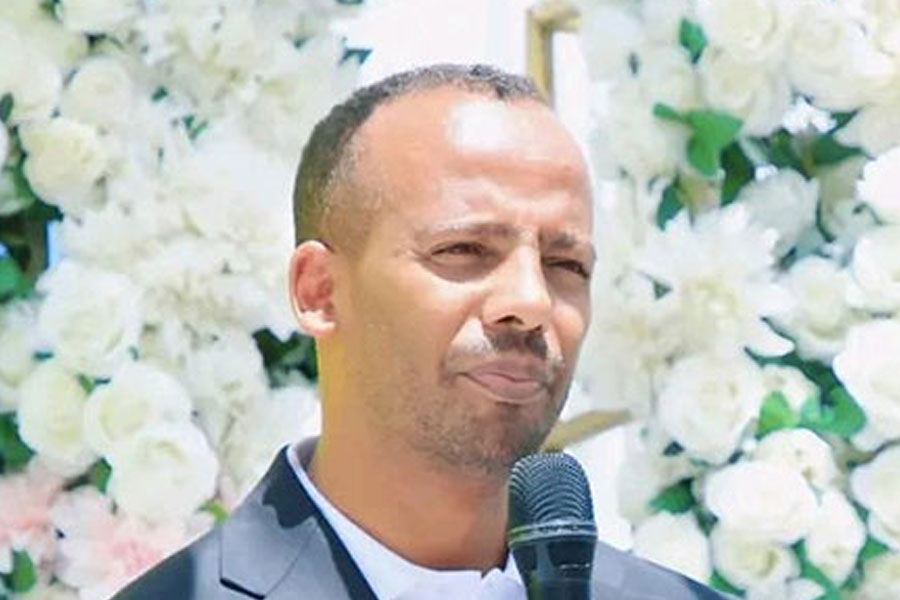
Aug 17 , 2025 . By BEZAWIT HULUAGER
Two new insurance companies, Standard Insurance and Was Insurance, are poised to join...
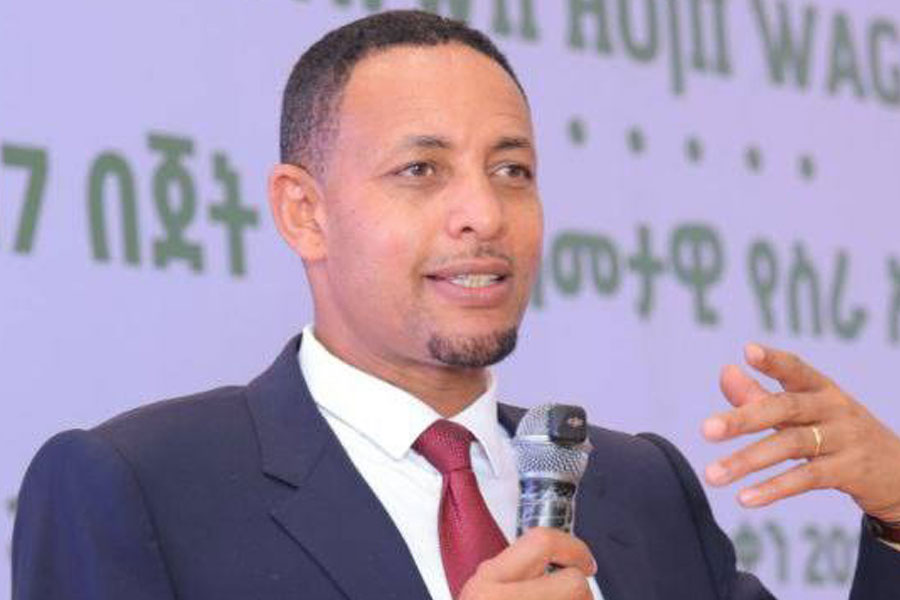
Aug 17 , 2025 . By NAHOM AYELE
Siinqee Bank is set launch an investment banking subsidiary with a registered capital...